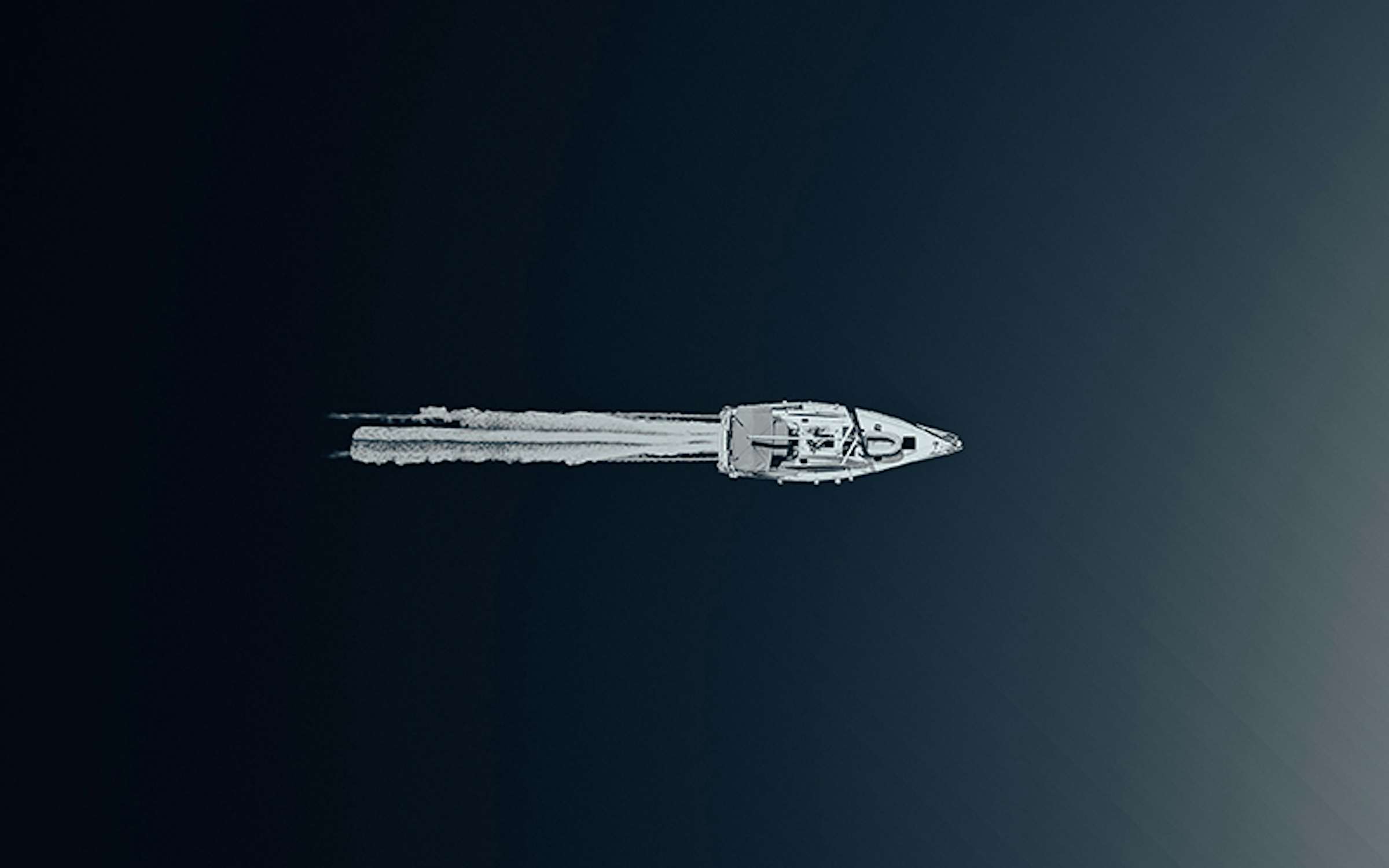
Why a float plan is essential for Kiwi boaties
When your day doesn’t go as planned — and you’re not back at the dock when expected — someone needs valuable information so as to send the cavalry. That quote, from the boatus website, goes a long way toward summing up why boaties should have a float plan.
Whether you're planning an offshore expedition, a casual day cruise, a jet ski adventure down a river, or a kayak fishing trip along New Zealand's beautiful coastline, a float plan can be the difference between a swift rescue and a prolonged, uncertain search.
What is a Float Plan?
A float plan is a comprehensive overview of your boating trip that provides critical information to assist search-and-rescue authorities in case of an emergency. It's essentially your safety net when things don't go according to plan.
Essential Information Your Float Plan Should Include
- A detailed description of your vessel
- The number of people onboard
- Your destination and planned route
- Your contact information
- The expected timeframe of your outing
However, Discover Boating emphasises that the more specific your plan, the better. To create a genuinely effective float plan, consider including:
- Vessel details: Size, colour, make, type of boat, engine size (if applicable), and identification number. Photos that show these details can be particularly helpful
- Starting point information: The name and location of the marina or boat ramp where you began your journey
- Vehicle details: Your vehicle's (or tow vehicle's) location and number plate
- Passenger information: Names of everyone aboard, along with their ages, genders, and any medical conditions or relevant disabilities
- Detailed itinerary: Your intended route with multiple points of contact for those onboard, including mobile phones, VHF radio frequencies (if available), and even home addresses
- Key checkpoints: Important locations and times when you plan to check in or return
Need a template? Discover Boating offers free float plan forms ready to be filled out.
Real Consequences of Not Having a Float Plan
The BoatUS website shares two sobering true stories of boaties who ventured out without float plans and got into trouble, and no one knew where to find them. "In both cases, giving a float plan to a trusted person would have allowed rescuers to locate the distressed boaties quickly and prevented unnecessary time and expense for searchers."
Managing Your Float Plan Effectively
As Simrad Yachting points out, it's crucial to update whoever holds your float plan if your plans change due to weather shifts, mechanical issues, or route deviations.
BoatUS offers these practical tips:
- During your trip, test communications by texting, emailing, or calling your float plan contact to verify connectivity
- Check in with your contact at arrival and departure points during extended journeys, especially those with several longer legs
- Be explicit about when your contact should alert authorities if you're overdue—you want them to wait an appropriate amount of time but not delay too long if you're in trouble
Who Should Have Your Float Plan?
Your detailed float plan should be left with a reliable family member or trusted mate who will notice if you don't return as scheduled and can provide the information to authorities if needed.
NZ Coastguard Trip Reporting
For Kiwi boaties, don't forget the valuable service Coastguard New Zealand offers. According to the Boaties Best Mate website, a Trip Report is a message lodged with Coastguard Radio to advise of your intended boating activity.
To log a Trip Report:
- Tune your marine VHF radio to your local Coastguard Radio station or ring *500 from your mobile
- Be prepared to share:
- Your boat's name and VHF call sign
- Your point of departure
- Your destination, route, and estimated arrival time
- The number of people onboard
Remember that Trip Reports aren't automatically followed up unless the Coastguard is notified that you are overdue, which is why having someone onshore with your float plan is so important.
New Developments for New Zealand Boaties
As of 2024, Coastguard New Zealand has enhanced their trip reporting system with their updated mobile app, making it even easier to file trip reports directly from your smartphone. The app now includes automated check-in reminders and the ability to share your live location with trusted contacts.
Additionally, Maritime NZ has recently emphasised the importance of float plans following several high-profile rescue operations, during which search times were significantly reduced for boaties who had proper plans in place.
A Small Effort for Significant Safety
If creating a float plan seems excessive or unnecessary, remember the adage shared on the Simrad website: "Fail to plan, plan to fail." A few minutes spent preparing a float plan can save lives, reduce search times, and provide peace of mind for both you and your loved ones.
Plan to be safe - it's not just floating an idea; it's essential boating practice.